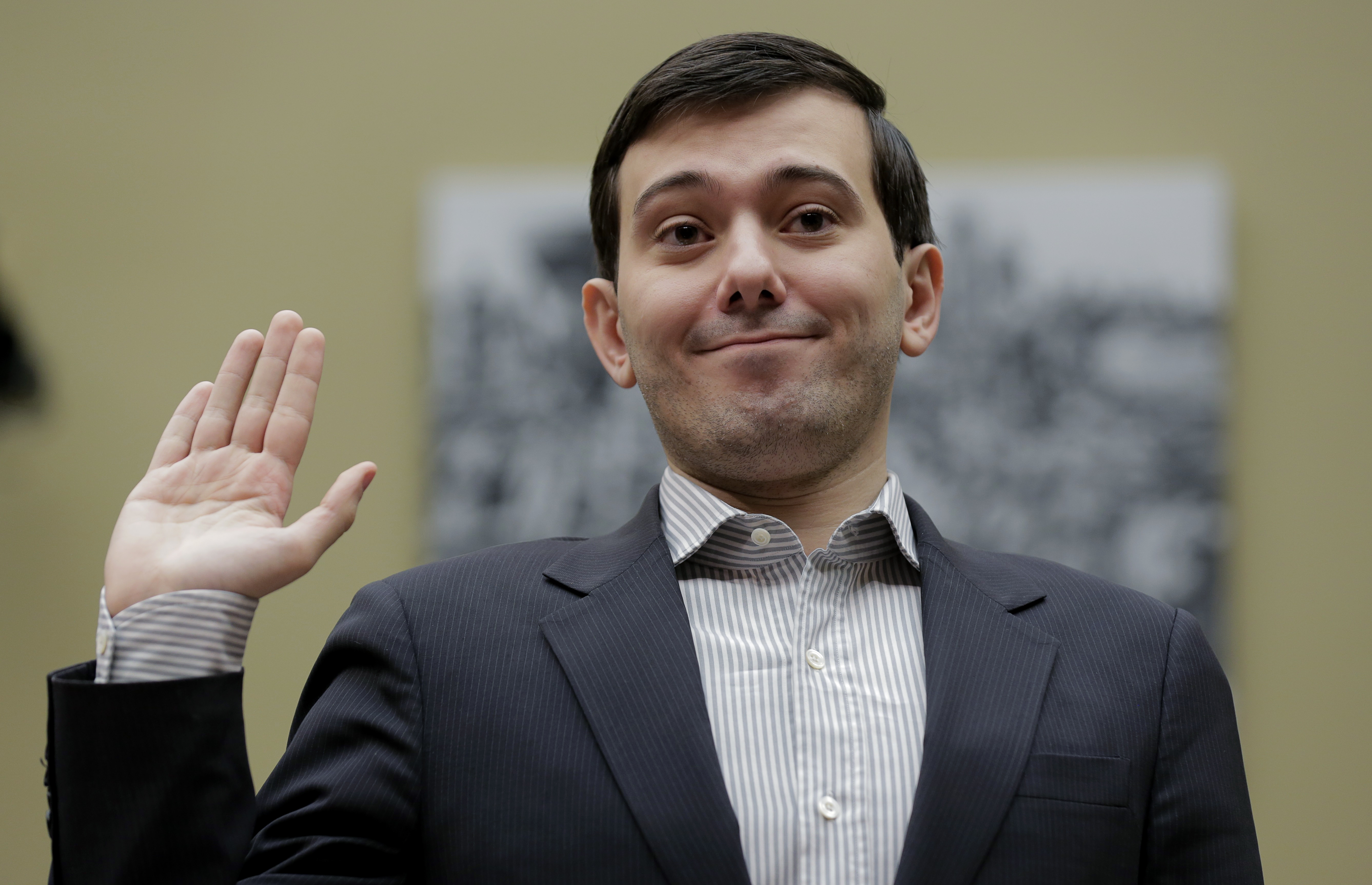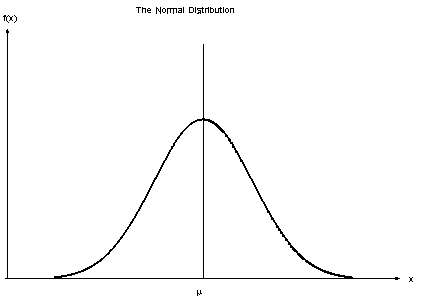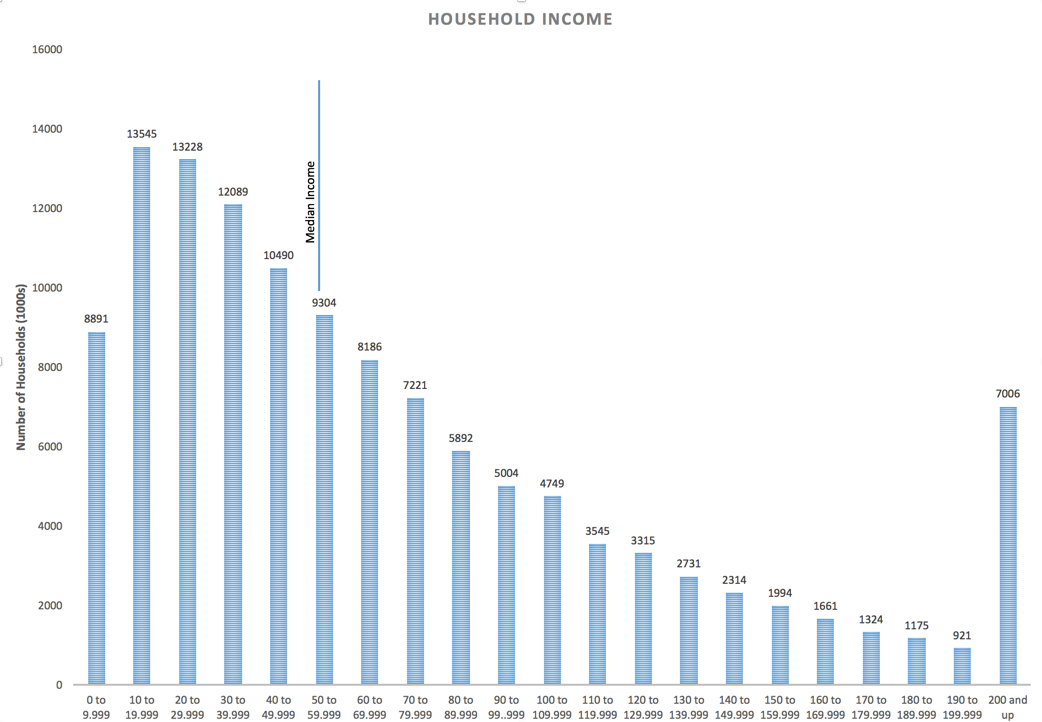
While the House ponders its looming vote to roll back the ACA in favor of something that offers fewer consumer protections and withholds a sizeable chunk of funding from Medicaid, it might be worth asking ourselves why we should accept the arguments provided by either side as to why it is a good idea or bad idea.
Foundational Arguments
The key problem with getting this right lies in the issues either party, or both parties hold as fundamental facts. They may state otherwise, but as far as I can tell, nearly every politician in DC worships at the same altar when it comes to how healtcare costs are determined and paid for.
The first assumption, is that people buy healthcare as they would any other product, like a television or a car, or a house, or a box of crackers. They tell themselves that the services you should receive is a matter of personal preference and well within the capacity of a typical consumer to determine. When pressed, folks will often agree that the choices are more consequential, but they really have no other mental model when it comes to the exchange of dollars for services.
Because most people accept the first fact, the obvious implication is that the free market is an appropriate mechanism to determine how much healthcare costs, and as a side-effect, how much insurance costs.
What is the healthcare system for?
This is a legitimate question, because the healthcare system serves many purposes. It is enlisted in fighting epidemics through vaccines and analysis about vectors and threats. It provides preventive care and health maintenance. It provides remediation for acute medical emergencies and treatments for chronic or life-threatening illness. It also provides facelifts, tummy tucks, and aesthetic enhancement of various body features.
So there are public functions, preventive functions, emergency functions and elective functions. Who decides which is which is a matter for debate. Plastic surgery to deemphasize a large nose is certainly not the same, as reconstructing the smile of a young child who has been in an accident or undergone surgery for a life-threatening problem.
Let me suggest that the healthcare system is intended for all of the purposes it now serves and that it is up to the people of the nation to determine how access to those services is gated.
Emergencies
The Emergency Medical and Active Labor Act provides penalties for hospital emergency rooms that don’t accept all comers without regard for how they will pay for services. This legislation was fought by conservatives as part of a slippery slope toward socialized medicine; and they were partly correct.
If you force a business to provide a service for someone regardless of whether they can afford the service, you are getting into some non-capitalist areas. If I really need a car, the salesperson isn’t forced to provide one if I have no money. But emergency room treatment is viewed differently. Why?
Perhaps it is merely the optics of a patient dying in an ambulance who isn’t welcome at hospital A and is then required to travel further to Hospital B where they may or may not be welcome. Conservatives deny that this happens, but the law was enacted because people were, in fact, dying in this way.
Public Health and Preventive Care
If you can’t afford an inoculation against the measles, polio, or the flu, among others, I want you to have it. If you don’t get them, you could infect others and / or wind up in an emergency room. Moreover, I want a healthcare system to invest in new immunizations and new antibiotic technology whether or not they are as profitable as antidepressants or other psychoactive drugs.
Having an arsenal against infectious disease is as important as having one against terrorists. If the United States put half the federal cash into medical research as we do into bombs and missiles, we would certainly be the unparalleled leader in health technology… and we would still have the largest military on the planet, but that is a conversation for another day. As it stands, medical research that is happening now, is happening because of the incentive to turn that research into profitable drugs and devices in the future. These products may serve the public good if they aren’t too expensive, but that is probably more appropriately listed as a side-effect of the current system.
Insurance
Insurance companies are, for the most part, in business to make money for their shareholders. If they can’t perform their services profitably, they generally prefer not to do those things. One thing that the ACA has demonstrated is that providing insurance for people who are sick is not a profitable activity.
The AHCA seems to reflect a recognition of this problem, but the solution is rather cynical. I would agree that a private system of health insurance that doesn’t cover what it needs to cover at a price that people can afford is a system that isn’t working. However, I wouldn’t suggest a solution to that problem would be to take sick, poor and old people out of the system and leave the young and healthy to be profited from. This is actually the worst possible solution.
Think of your health insurance premiums as a tax. Just as you pay for roads you don’t drive on, agencies you never appeal to, and services you never benefit from. Your insurance premiums pay for reduced-cost access to healthcare that you hope you never have to use, and some care that you use in order to prevent problems down the road.
Now, with the AHCA, if you are young and healthy, you are insured by a for-profit corporation. They take your premiums and both of you hope that you never have to use it. Meanwhile if you are poor, older or sick, how do you get care? They will put you in a taxpayer-subsidized risk pool. These risk pools are taking the most expensive people to care for, and pulling them out of the insurance market. The reason for this, is to protect the profits of insurance companies. These risk pools have to be paid for by taxes, and they are the most expensive group of people to cover. Those expenses aren’t adequately offset by revenue in the form of premiums.
The free market has no answer for this. The only way to make a profit on someone who is sick, is to obtain more in premiums than their treatments cost, or to deny them the expensive treatment. Sure, insurance companies have ways to obtain revenue by investing premiums, but these mechanisms can’t bridge the yawning divide between what people can afford to pay for premiums and what caring for a patient with a chronic or life threatening disease might cost.
The Non-Capitalist Alternative
What if we had a national insurance plan? What if we had something new, something that people who used it liked? Let’s call it “Schmedicare.” What if what was covered and not covered by Schmedicare was something of a national dialog and our representatives would determine what services, as a nation we wanted to include in the baseline package. What if every citizen would have this care as a tax-paying members (citizens) of the country. We would impose the required taxes in a progressive fashion to cover those costs. If you wanted more than the basic plan, you would go back to private insurance to cover the gaps between the two, but at least a basic level of service would be universally offered.
Why is this a bad idea? Medicare is actually successful as it is. If it were larger, and funded by premiums from every citizen through taxes, we would spread the risks of covering everyone’s basic services nationally. The system isn’t accountable to shareholders; it is accountable to voters.
If we paid for most basic healthcare as a community, then encouraging healthy behavior an preventive care would actually become a national priority. Dollars that we spend on getting people off the couch and getting them to put away the smokes, would save us all money.
Hospitals, would have simpler paperwork. They wouldn’t have to worry about whether or not a person coming through the doors has the ability to pay for services.
Employers would not be required to offer this as a benefit and it wouldn’t matter whether you worked for a small company or a large one; your healthcare wouldn’t have to change. You could start a business without fearing the loss of your healthcare coverage. You could live your life without worrying that an otherwise treatable illness could easily bankrupt you.
There are many ways that this consolidation would benefit all of us, there is also plenty of room for private insurance companies to make money on expanded policies. As it stands, we are trapped by politicians who hold to the conventional wisdom of the free market as a solution to all problems. It is hurting us as individuals, and as a nation.










